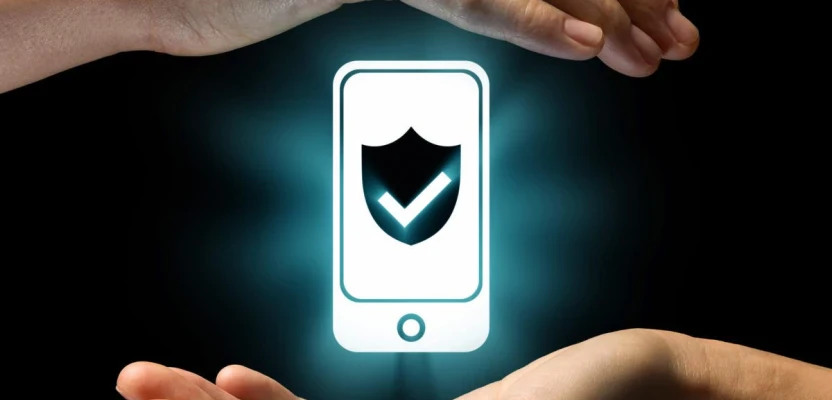
Most likely, when you think of hackers, you picture someone trying to get into your computer to steal your passwords, identity, or just be a bother. Hackers will not only go after your PC, though. Many will go straight to the source and target your phone and all of your personal data. You should still use a VPN to protect yourself, even if you think you're being very careful.
A lot of bad things can happen when data is stolen. The Pegasus affair is one example. Cybercriminals can listen in on your calls or chats, find out where you are, and even use your mic or camera from almost anywhere in the world.
Both governments and regular people frequently use spyware tools, and using them doesn't even require a lot of computer knowledge. It is very important to have good mobile digital health and know how to protect your smartphone from hackers or what to do if you think your phone has already been hacked.
You should do these things to keep hackers from getting to your phone's information, and this article will also tell you what to do if someone does get in.
Hackers often use the following methods:
- Phishing: This method includes sending harmful links and/or attachments through texts and emails to people you want to trick. When someone clicks on it, malware is put on their phone to steal their information.
- Hackers can use spyware software to get information from tracking apps. A lot of these apps might even be pretty easy to set up and use. Anyone could easily spy on your phone; all they need is an easy app.
- Getting into public Wi-Fi and Bluetooth: Your personal information can be seen every time you join a public Wi-Fi network. That's why we suggest you use one of the best mobile VPN services when you connect to public Wi-Fi. In the same way, hackers can get through Bluetooth links.
- Sim swap: Bad people can use this method to get your phone number on their own SIM card and take over your accounts.
Tips on how to keep your phone safe from being hacked
These are some things you should do to keep your digital hygiene up and keep bad people from getting to your phone information.
1. Make sure your program is up-to-date
Making it harder for people to spy on your phone is the first thing you should do. Hackers often get into your data by taking advantage of flaws in software.
The process of changing can take a long time and use up a lot of memory. To lower your risks, always use the most recent version of the software.
2. When you use public Wi-Fi, use a VPN.
Hackers often get into your gadgets through public Wi-Fi networks. So, when you join to open wireless, you should always use an iPhone VPN app or an Android VPN app.
Check out our full guide to what a VPN is to learn more about these services. They hide your IP address and location and keep your data safe through encrypted paths.
ExpressVPN, NordVPN, and Surfshark are some of our favorites. All of them have simple mobile apps that are easy to use. Plus, your subscription can protect all of your gadgets, including your phone, computers, router, and TV streaming devices. It is important to know that Surfshark lets you use as many links as you want at once, while Express only lets you use five and Nord only lets you use six.
3. Stay away from auto-login features
Keeping yourself logged in to private apps like your online banking or email can save you a lot of time, but it can also be dangerous if someone steals your phone. You should never let any app on your device automatically log you in.
Don't use the same password for all of your apps for the same reason. You might also want to add a password manager to make them even safer.
4. Make it harder to get to your phone physically
Not every breach of data takes place online. Of course, this doesn't happen very often, but thieves may sometimes just physically get into your phone and steal your data.
It goes without saying that you should never leave your phone alone in public. Also, make sure you always set the six-digit passcode to get into the gadget. Fingerprints and face biometrics are easier to hack, so this is the safest choice you have.
5. Turn off the voice assistant on the lock screen
Siri and Google Assistant can save you time by letting you type less, but they can also be used in bad ways. If a hacker gets direct access to your phone, they may be able to use these services to get around your passcode and see your contacts, chats, emails, and calls.
To keep your phone's information safe, we recommend that you always turn off the voice assistant on the lock screen.
6. Watch out for public charging stations
Charge stations in public places are great, at least most of the time. They are very useful in situations when your battery is almost dead, but hackers can easily get into them. Experts warn that cybercriminals can use a USB drive to get into your phone's information or put malware on it.
That's why you should always use an AC charge port instead. In fact, AC plugs only send power, not information. You can even use connections that only charge and keep data from going through.



Comments 0